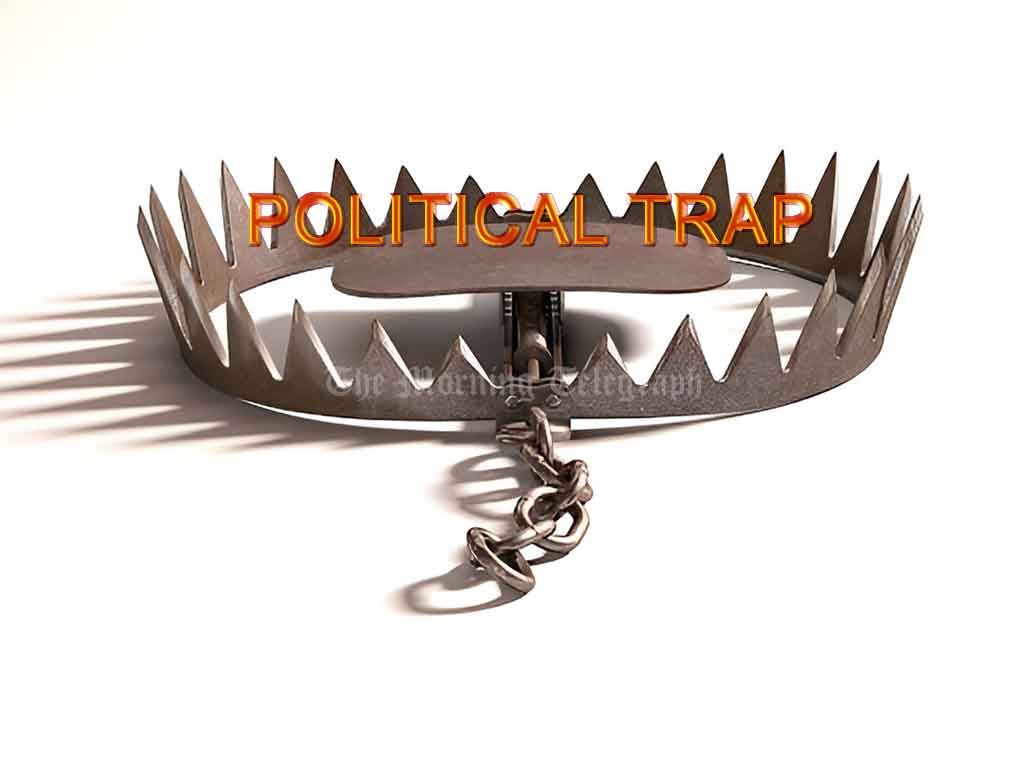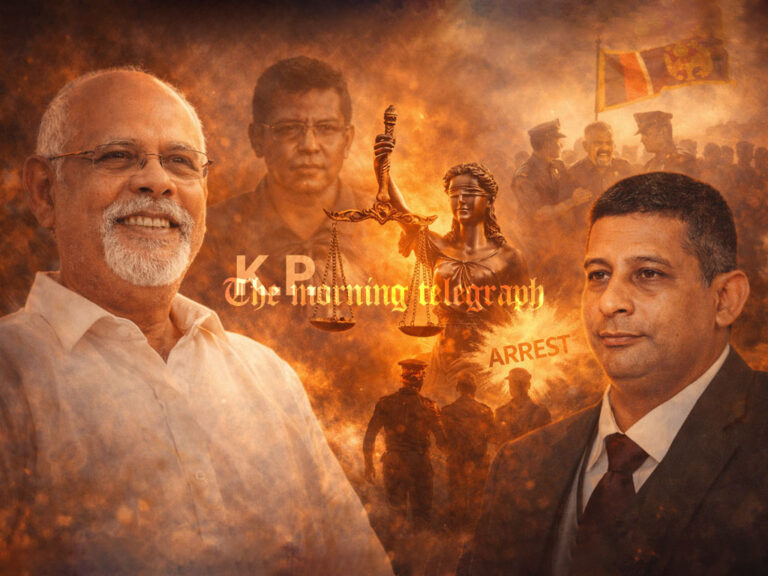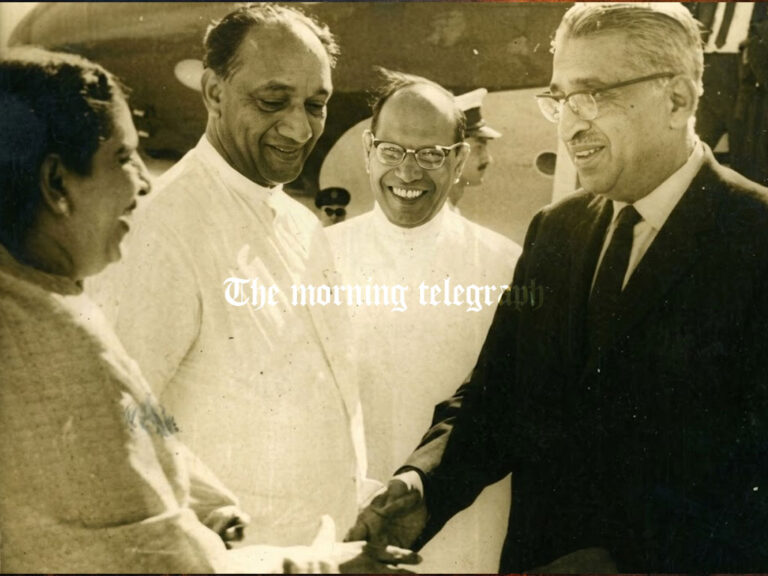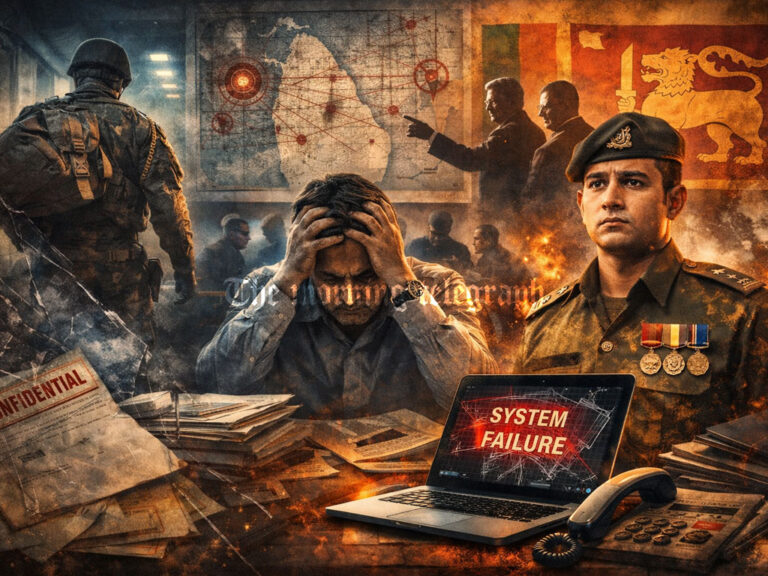
The Supreme Court has decided that the Local Government Elections (Amendment) Act can be passed in Parliament with a two-thirds majority. Accordingly, it is scheduled to be debated and passed in Parliament next Monday, the 17th.
The government has strategically created a difficult situation for the opposition through the local government elections. Their plan is to entangle the opposition in the budget debate while utilizing state machinery to gain the maximum advantage in the local government elections.
After the President’s speech in Parliament on February 17, 2025, the Local Government Elections Amendment Bill will be passed in Parliament. The bill, once passed on February 18, is scheduled to be signed by the Speaker. After its publication, which will take place 14 days from February 19, the Election Commission will be able to accept nominations. The nomination period will be limited to just three and a half days. The local government elections are expected to take place in the third or fourth week of April, with April 24 or 25 being the most suitable dates.
The budget debate will take place from February 17 to March 21. The twelve parties currently represented in Parliament are responsible for ensuring a solid quorum during the budget period. This will have a significant impact on the local government election campaign, which will be running concurrently. Furthermore, with the Sinhala and Tamil New Year falling between April 9 and 18, both the public service and the general public will be on holiday, further limiting the number of days available for pre-election campaigning. This will result in the shortest pre-election campaign period in the history of local government elections in Sri Lanka. Never before in the country’s history have the budget debate and an election taken place simultaneously within the same timeframe.
It is evident that the Samagi Jana Balawegaya and the United National Party have no interest in contesting the elections under a single list. As a result, traditional UNP supporters may once again either abstain from voting or stay home. Furthermore, the SJB has once again refused to collaborate with other opposition parties, as seen in their stance yesterday.
Local government elections in Sri Lanka are among the most complex, requiring parties to compete independently, secure individual victories, and later form alliances to gain control over local government bodies. Socioeconomic and political factors play a crucial role in this process. However, at present, the right-wing parties—SJB, UNP, and Pohottuwa—are failing to implement any of these strategic approaches effectively.
There are two reasons for this. Firstly, no opposition party appears to have a strong desire to win the local government elections. The opposition’s apparent strategy is to allow the government to continue its course for at least two more years. Secondly, they are understandably hesitant to engage in an election that is expected to be marred by significant conflicts and threats. The opposition has already experienced this firsthand through recent cooperative elections, protests, and the restrictions placed on holding even simple conferences.
This situation clearly indicates that the opposition neither has the will nor the capability to contest the elections effectively. The government has successfully tied the local government elections and the budget debate together, creating a major political challenge for the opposition within Parliament. Whether knowingly or unknowingly, the opposition is walking into the trap laid out by the government.




